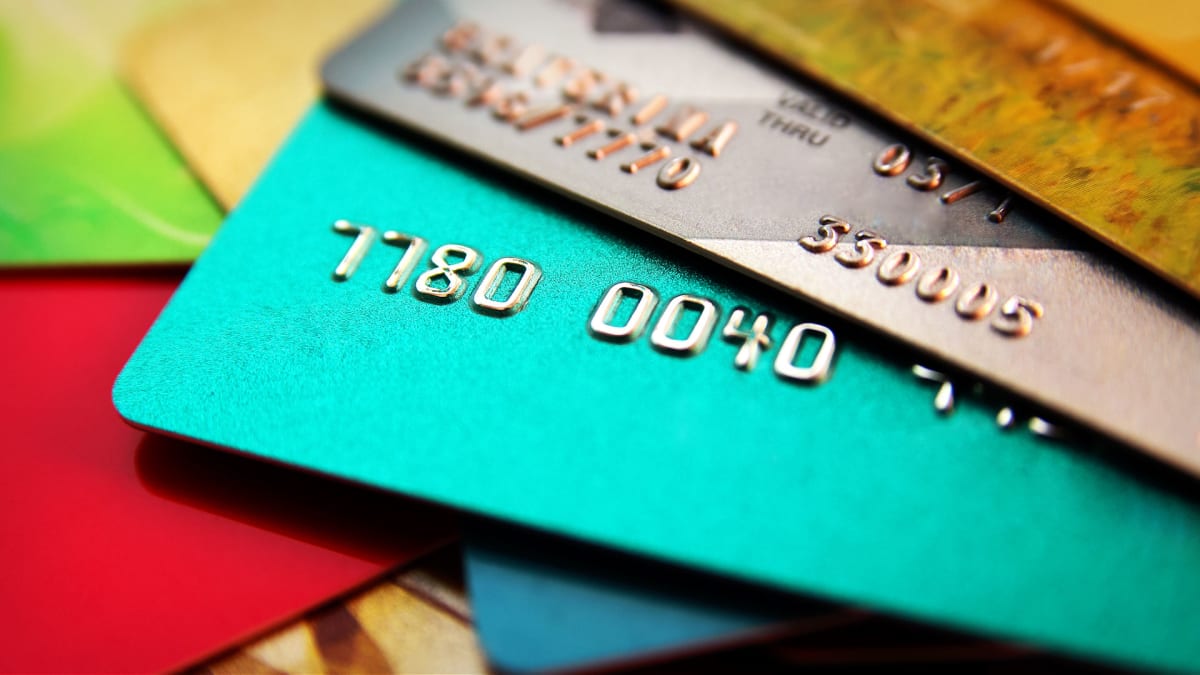
It had to happen.
Once the Federal Reserve began to aggressively boost its benchmark Federal Funds rate throughout 2022, sky-high credit card rates were sure to follow.
That scenario occurred, and it’s likely worse than card consumers expected.
A case in point.
According to a new Bankrate study, the current credit card average interest rate of 19.42% is the “highest on record.” Additionally, the steepest single-year increase ever occurred in 2022, and the average credit card rate has increased 3.12% since January.
“This year’s increase is all about the Federal Reserve and its series of interest-rate hikes meant to combat the highest inflation readings in four decades,” said Bankrate industry analyst Ted Rossman. “The Fed has raised the federal funds rate (the rate that banks charge each other for overnight loans) by 425 basis points in 2022.”
How do significantly higher interest rates impact credit card users? Rossman lays that scenario out – and it’s not pretty.
“If you have $5,000 in credit card debt and you only make minimum payments, the jump from 16.30% (the national average at the start of the year) to 19.42% (the national average right now) adds seven months to your payback cycle and costs you an extra $1,173 in interest,” he said. “If your rate is 20.55% (the initial 16.30% plus the 4.25% in Fed hikes), minimum payments will take you nine additional months and an extra $1,579 to pay off compared with the start of the year.”
What makes the current situation especially bad is the record amount of credit card debt outstanding.
“That’s based on Fed data going back to 1968, so we can confidently say it’s a true record. This amounts to very bad timing on the part of consumers,” said Credit Sesame financial analyst Richard Barrington, “They have run up a record amount of credit card debt at a time when credit card interest rates are especially high.”
Credit Sesame calculated the total amount of interest consumers would have to pay over the course of a year, based on the current average credit card interest rate and the total amount of credit card debt outstanding.
“It comes to over $215 billion in interest and that’s an all-time high,” Barrington said. “At a time when household budgets are stretched thin by inflation, that’s $215 billion consumers are paying to credit card companies instead of having available to spend on themselves.”
All that’s an added burden for already stressed financial consumers.
“The higher rates and inflation are playing a number on the budgets of many households and consumers are hurting,” said Supermoney.com financial planner Andrew Latham. “Since the beginning of the year, delinquency rates on credit cards have increased by 32.5%, according to the latest data from the Federal Reserve.”
How to Mitigate High Credit Card Interest Rates
There is some good news. Personal finance experts say there are myriad ways to curb the downside impact of skyrocketing credit card rates. Here’s a quick rundown.
Leverage balance transfer cards: If your credit card debt is stacking up, Rossman recommends signing up for a 0% balance transfer card, which allows consumers to pause the interest clock for up to 21 months.
Avoid making just the minimum payments: Consumers should avoid paying off debt over an extended amount of time as it creates additional unwanted interest.
“For example, if you have $5,000 in credit card debt and you only make minimum payments, the jump from 16.30% (the national average at the start of the year) to 19.42% (the national average right now) adds seven months to your payback cycle and costs you an extra $1,173 in interest,” Rossman noted.
Never carry a balance. Yes, it’s not easy, but the most efficient way to tackle high credit card rates is by not having any account balance debt at all.
“You don't want to pay a 19.4% APR unless it's an emergency, so stop all unnecessary purchases until you are bringing in more than you're spending,” Latham advised. “If that’s not an option right now, keep spending to a minimum and try to increase your income.”
Consolidate high-interest credit card debt with a lower-interest loan. If you have a high-interest credit card balance and are unable to negotiate a lower rate or transfer your balance to a lower-rate card, take direct action.
“You may want to consider taking out a personal loan or a secured loan to pay off your credit card debt,” Latham said.
Look for strong sign-up bonuses: Credit card sign-ups remained high as credit remained widely available this year, but strong bonuses were not as prevalent.
“Consider shopping around before committing to a credit card,” Rossman said.







